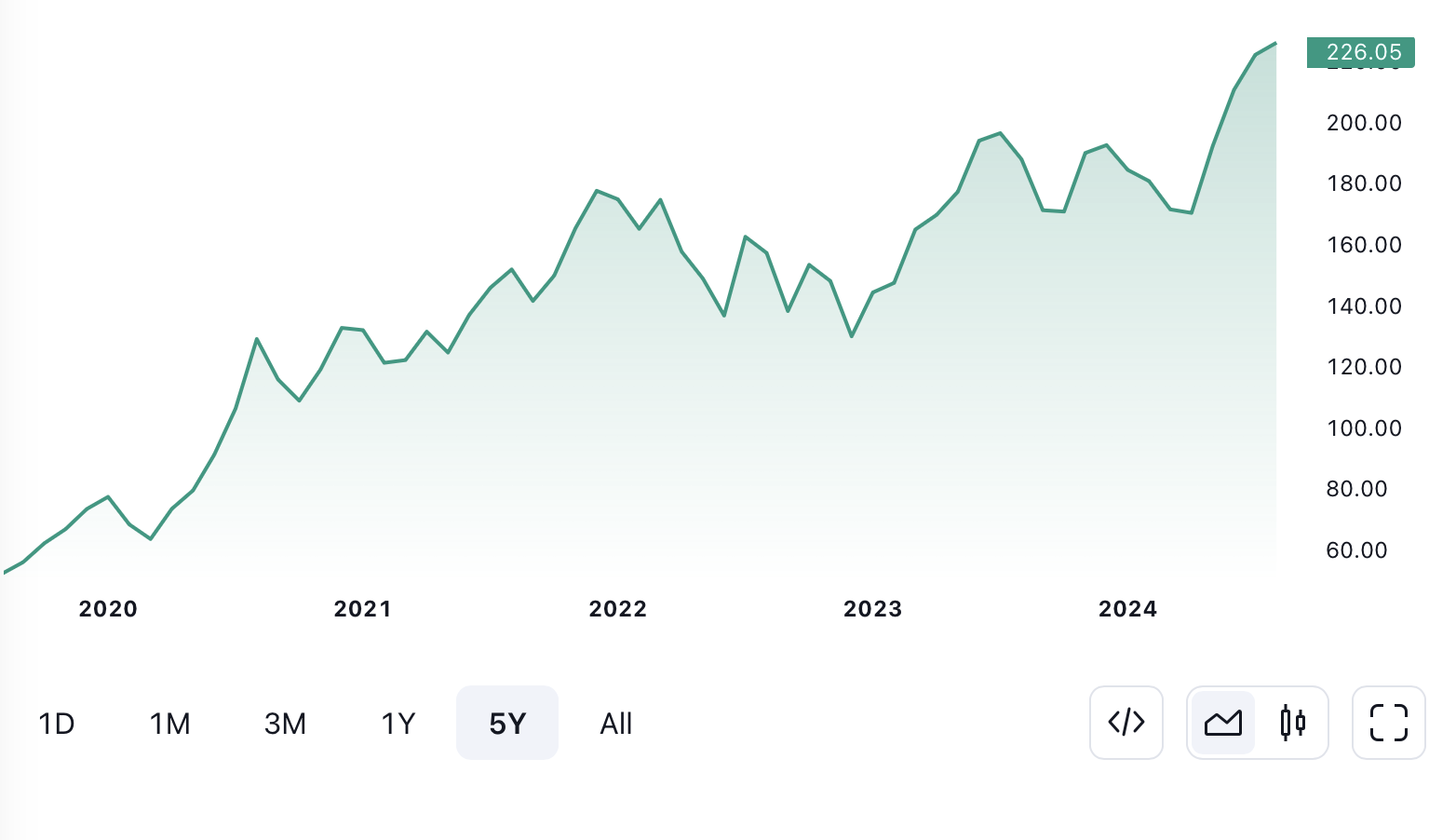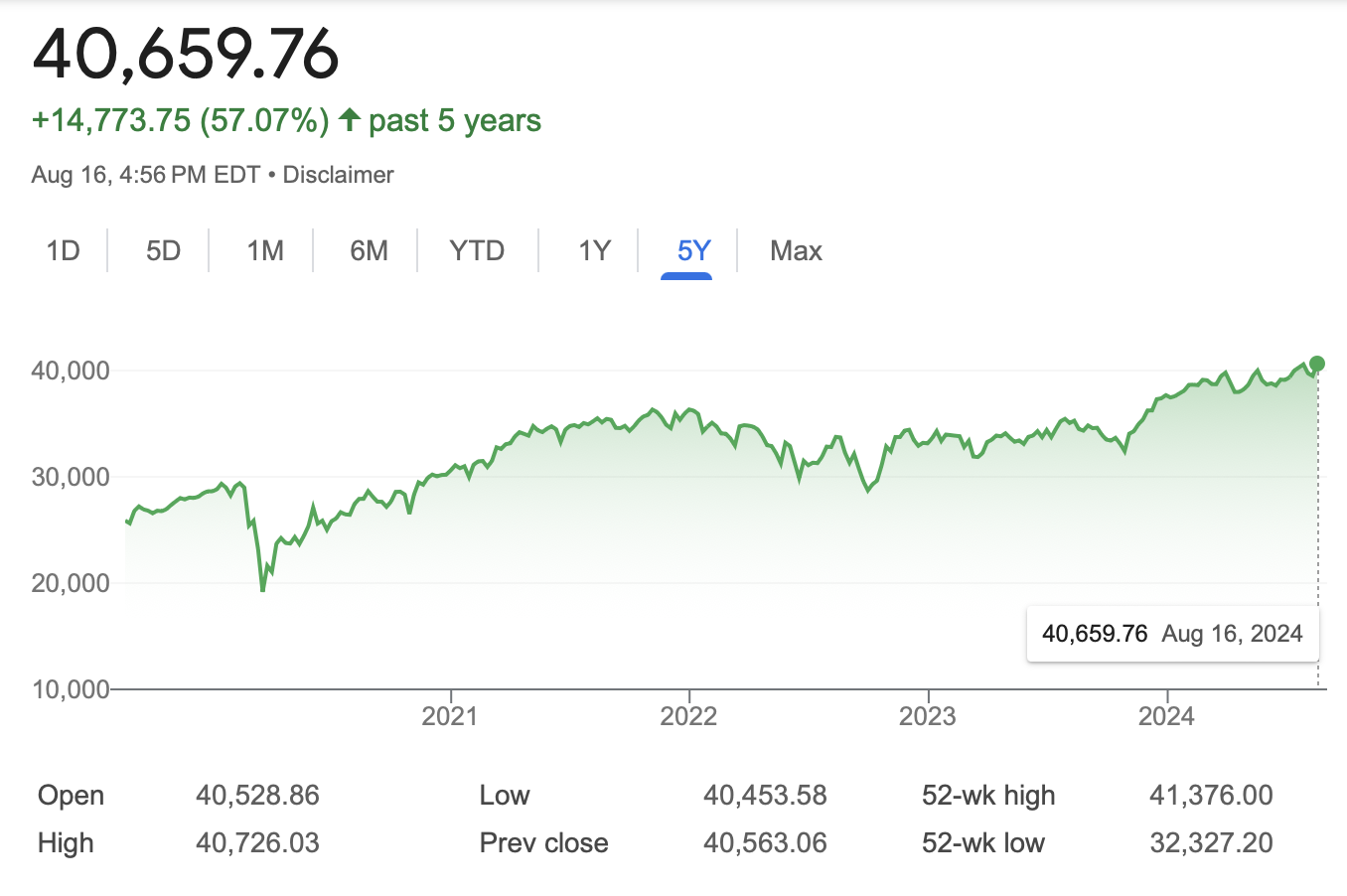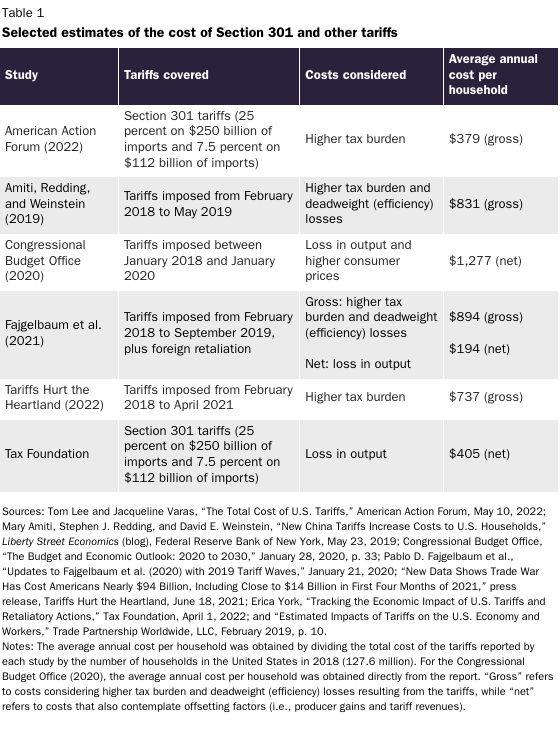Both Vice President Kamala Harris (D) and former president Donald Trump (R) gave speeches last week focused on their policy proposals for the U.S. economy. How to compare the two candidates? I’m taking the tactic proposed by media critic James Fallows: treat the candidates like Olympic journalists covering athletes:
No sports writer would present [Simone] Biles and [Australian breakdance competitor] Raygun as existing in the same competitive universe. Most political writers have framed Trump and Harris as if they are doing the same thing. Plainly they are not.
So here you go:
When @CNN asked me to score the big economic policy speeches this week by Trump and Harris, I decided not to grade against a curve, but rather to simply state what I saw. pic.twitter.com/eyiCwCFMAr
— Justin Wolfers (@JustinWolfers) August 18, 2024
Let’s examine these observations.
1. Trump’s “economic speeches” had little to do with the economy, just as his media appearance in Mar-a-Lago was not a “press conference.” Justin Wolfers told CNN that the North Carolina speech was “an incoherent rant.” Here’s Associated Press:
Donald Trump made little effort to stay on message Wednesday at a rally in North Carolina that his campaign billed as a big economic address, mixing pledges to slash energy prices and “unleash economic abundance” with familiar off-script tangents on Democratic nominee Kamala Harris’ laugh, the mechanics of wind energy and President Joe Biden’s son.
Harris, on the other hand, outlined programs and policies. Again, Associated Press:
Vice President Kamala Harris announced a sweeping set of economic proposals on Friday meant to cut taxes and lower the cost of groceries, housing and other essentials for many Americans…
She stressed tax breaks for families, as well as middle- and lower-income people, promising to expand the child tax credit to up to $3,600 — and $6,000 for children in their first year of life. The vice president also wants to enlarge the earned income tax credit to cover people in lower-income jobs without children — which the campaign estimates would cut their effective tax rate by $1,500 — and lower health insurance premiums through the Affordable Care Act.
2. Trump’s ‘facts’ aren’t factual.
For example, oil production has been greater under President Joe Biden than when Trump was president. But that was not Trump’s false claim in his New Jersey speech.
Trump says he will bring energy prices down by reversing President Joe Biden’s policy of encouraging renewable energy at the expense of fossil fuels.
TRUMP: “We’re going to drill baby drill, we’re going to get the energy prices down, almost immediately.”
THE FACTS: Oil production in the U.S. hit an all-time high under Biden’s administration.
Has anyone told Trump that the John McCain-Sarah Palin (“drill, baby, drill“) ticket lost?
The next “absurdity” (Washington Post): “Kamala price hikes have cost the average American family $28,000.”
Not. True.
“The Trump campaign did not respond to queries about how this was calculated. We think we may have figured it out. It makes little sense.”
Trump also falsely claims the economy is failing.
TRUMP: “We’re going to have a crash like the 1929 crash if she gets in.”
THE FACTS: The economy has shown recent signs of strength — not evidence that America is on the edge of economic collapse.
On Thursday the S&P 500 jumped 1.6%, its sixth gain in a row. The Dow Jones Industrial Average also increased Thursday, as did the Nasdaq composite.
Recent economic reports show that shoppers increased their retail spending last month and fewer workers sought unemployment benefits.
Fears the economy was slowing emerged last month following a sharp drop in hiring and higher unemployment rates. But those worries were assuaged earlier this month when better-than-expected jobless numbers led to Wall Street’s best rally since 2022.


Harris claimed that Trump’s tariffs would impose an annual bill of $3,900 for an average American family. However, Trump falsely insists that tariffs on imports do not “affect our country.”
“A tariff is a tax on a foreign country, that’s the way it is, whether you like it or not. A lot of people like to say, ‘Oh, it’s a tax on us.’ No, no, no,” Trump told the crowd at the rally in Wilkes-Barre, Pennsylvania, on Saturday… “It’s a tax on a country that’s ripping us off and stealing our jobs. And it’s a tax that doesn’t affect our country.”
That’s not how tariffs work. Here’s Duke Law School professor Scott Lincicome with Cato Institute data on how much Trump’s tariffs have cost Americans:
It’s rare that I agree with the Cato Institute, but this time, I do:
If elected to a second term as president, Donald Trump says he will impose a 60 percent tariff on all goods from China and a 10 percent tariff on all goods from other countries. He calls it a “ring around the country.” He should call it a ring around consumers because the tariffs will raise prices, limit choices, harm productivity, and act as a tax on importing businesses too.
3. Trump proposes ‘process’ not policy.
When asked how he plans to curb inflation, Trump’s response, according to Wolfers, was this: “I will write an executive order, telling my cabinet secretaries to come back to me with every idea they have about how to reduce inflation.” Wolfers observed: “That’s not a policy, that’s a process.”
Harris, on the other hand, outlined a series of proposals that will require Congressional action such as “millions of new-build homes and first-time buyer help, tax breaks for families and a ban on grocery ‘price-gouging’.”
The campaign’s proposals include a “first-ever” tax credit for builders of homes sold to first-time buyers, as well as up to $25,000 in down-payment assistance for “eligible” first time buyers, a move that her campaign estimated could reach four million households over four years.
She has also called for capping the monthly price of diabetes-drug insulin at $35 for everyone, finding ways to cancel medical debt, and giving families a $6,000 tax credit the year they have a new child.
Those are policy proposals that people can discuss and debate, argue with or agree with. Today. Not after November.
~~~~
The stakes in November have never been more urgent, nor the choices more extreme.
Remember: you are not voting for one person. You are voting for a team.
I’m voting for Team America not Team Russia-Hungary-North Korea.
Known for gnawing at complex questions like a terrier with a bone. Digital evangelist, writer, teacher. Transplanted Southerner; teach newbies to ride motorcycles. @kegill (Twitter and Mastodon.social); wiredpen.com

















